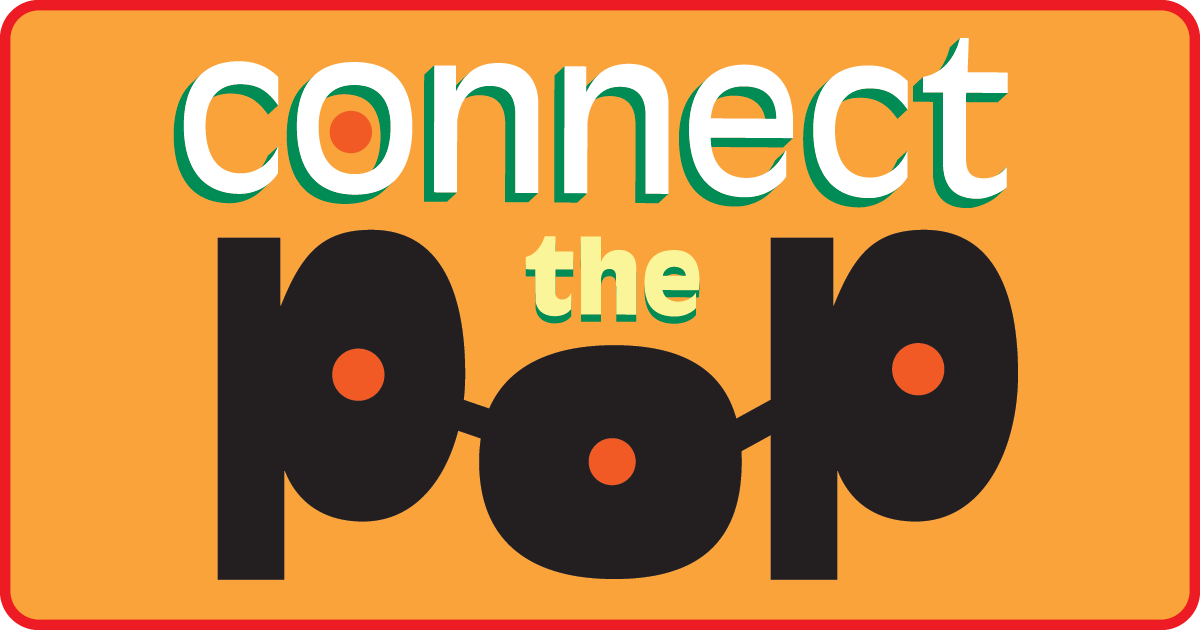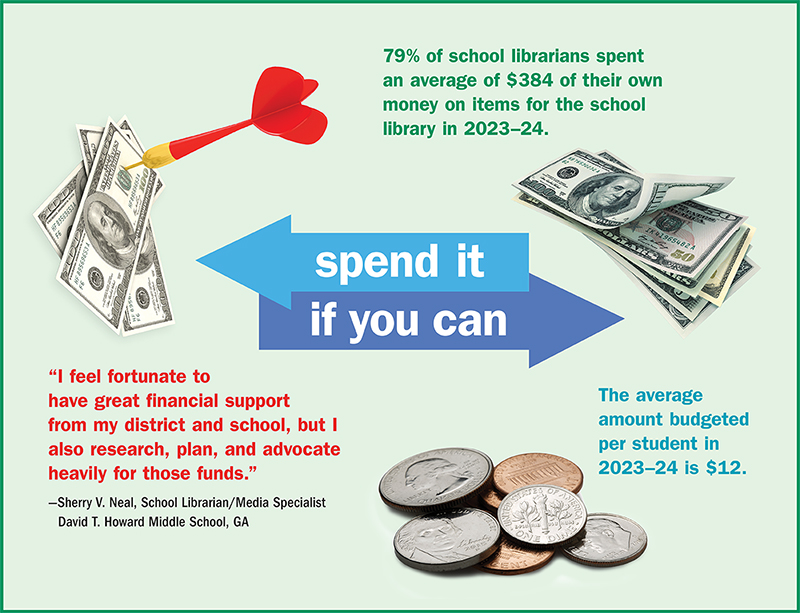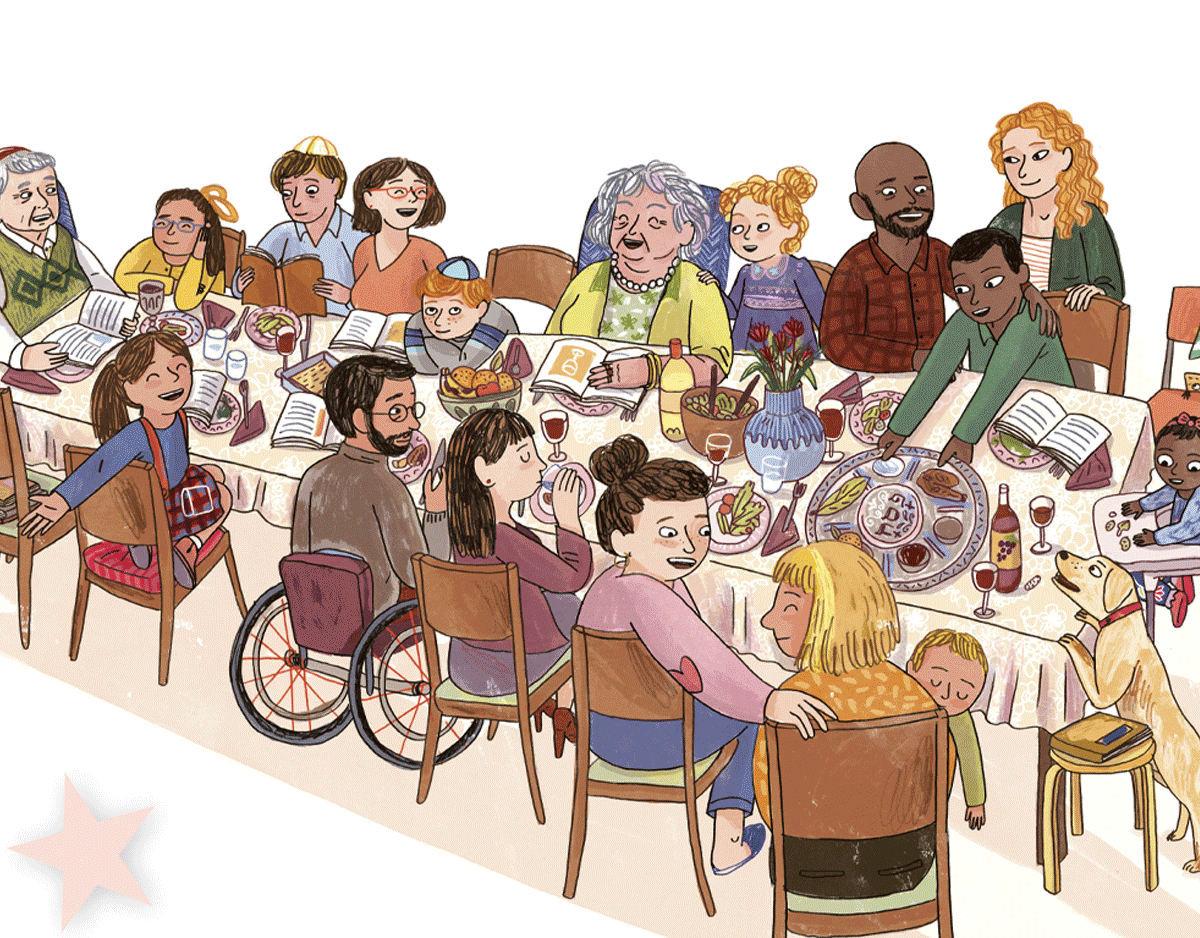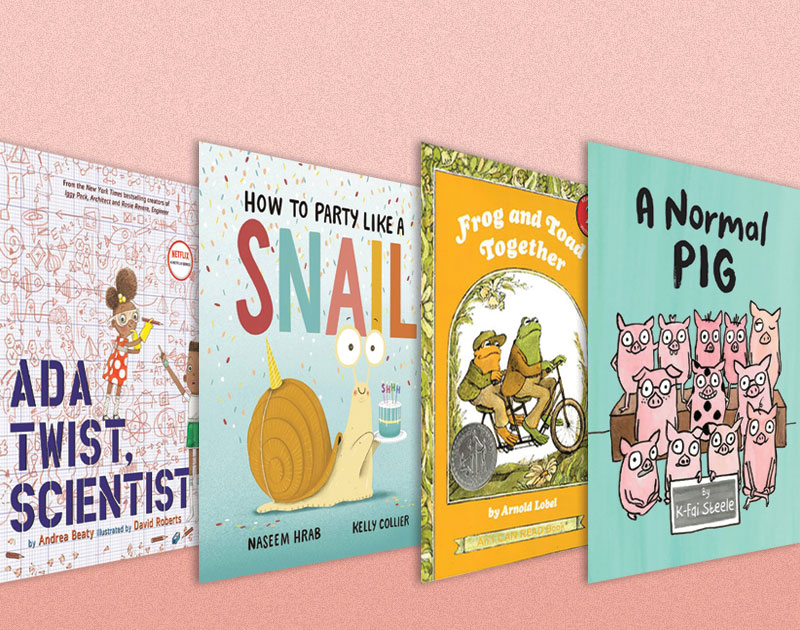SCROLL DOWN TO READ THE POST
Q: How to Connect Critical Thinking, Research, and Information Literacy? A: Fandom
Please consider what follows an addition to an ongoing thematic preoccupation of this blog: the value of what might be called “fan literacies” to the teaching of skills and concepts related to a range of curricular content, including (so far) writing fiction, the Hero’s Journey, and digital literacy/netiquette.
***

Of course on one level the ability of fans to make critical-minded decisions for themselves is a function of combined literacies that involve information, technology, and good ol’ print text—what is that dialogue box or lengthy TOS text really saying? More importantly: how is it potentially exploiting my status as a fan to serve a non-obvious purpose that must be inferred from both the text and the context? These kinds of critical thinking questions are crucial because fans are probably the most incorrigible surfers out there—that’s part of the fun of being a fan, the sense of “play” as it’s called in the field of new media literacies. Actually, a better word than surfers would be the term “grazers,” a concept that’s been around for a while but is now more relevant than ever as mobile devices and other platforms have made information grazing possible at every hour of every day. What’s remarkable about fans is that such usage patterns, even at their most arbitrary, constitute “research” into their fandoms.
ADVERTISEMENT
ADVERTISEMENT
Of course your students may not view their efforts as research—because that’s the not-fun stuff they need to do for school—but that’s what it is, albeit often unfocused in the manner of learning-through-play. The task for educators, then, is not to drain this sense of open-ended exploration from student-fans but rather to make sure that it is accompanied by the Jiminy Cricket-like voice of critical literacy, one that points out that even though corporate players seem to be joining in the online fun they are often engaged in a very different game.
 It’s hardly groundbreaking to stress to students the importance of evaluating the validity, reliability, and accuracy of online sources—this aspect of information literacy has been an important feature of the “research skills” curricular strand for years now. But being a fan adds a new wrinkle. Fans are consumed by a perpetual thirst for information that pertains to their fan object… so how does that never-satiated, always-researching mode of reading make fans more vulnerable to misinformation and even disinformation? By the same token, in what ways does this constantly at-risk state make the fans who have developed proficiency in this regard the perfect guides for other young people? Indeed, consider making this an optional writing topic the next time you’re teaching the practical or expository modes by letting students speak directly to peers and share their experience-acquired expertise in this area, i.e., “Here’s how I find out what’s really going on with this thing that I’m a fan of. Just follow these steps…”
It’s hardly groundbreaking to stress to students the importance of evaluating the validity, reliability, and accuracy of online sources—this aspect of information literacy has been an important feature of the “research skills” curricular strand for years now. But being a fan adds a new wrinkle. Fans are consumed by a perpetual thirst for information that pertains to their fan object… so how does that never-satiated, always-researching mode of reading make fans more vulnerable to misinformation and even disinformation? By the same token, in what ways does this constantly at-risk state make the fans who have developed proficiency in this regard the perfect guides for other young people? Indeed, consider making this an optional writing topic the next time you’re teaching the practical or expository modes by letting students speak directly to peers and share their experience-acquired expertise in this area, i.e., “Here’s how I find out what’s really going on with this thing that I’m a fan of. Just follow these steps…”
Evaluating sources can be easily followed up on by another important skill: citing sources. This is a topic that’s especially relevant to fan practices due to the constant concern of feeding/not feeding the rumor mill. In other words, even apart from a formal situation such as a research paper where sources must be identified, informal online discourse constantly demands that fans verify their sources… even if they don’t always heed that demand. Operating from this context, invite students to provide phrases that they could add to their own online statements and claims such as “I read on x that…” or “According to…” or simply “(via X)”, with x being a URL or other locator/identifier placed inside parentheses.
 Of course fans also engage in formal research. In fact, pretty much all of the important pop culture wikis (e.g., Lostpedia) are fan-developed and fan-run. Who else would care so much about a property in this way, to capture its minutiae and make it available free-of-charge? Usually not the rights holders, who certainly appreciate the attention given to their “back list” but cannot justify funding such sites in strategic terms. It’s just too much of a “long-tail” scenario for them, and so the task is left to fans, who happily sink their teeth into such monumental projects.
Of course fans also engage in formal research. In fact, pretty much all of the important pop culture wikis (e.g., Lostpedia) are fan-developed and fan-run. Who else would care so much about a property in this way, to capture its minutiae and make it available free-of-charge? Usually not the rights holders, who certainly appreciate the attention given to their “back list” but cannot justify funding such sites in strategic terms. It’s just too much of a “long-tail” scenario for them, and so the task is left to fans, who happily sink their teeth into such monumental projects.
So the next time you’re planning lessons that cover research, consider assigning fan-oriented projects instead of term papers, literary biographies, and the like. Yes, the engagement factor is present—students will feel more motivated to look up data about their fan object and actually receive academic credit for it—but, as always, the goal is to venture beyond engagement. In this case, the fact that fandom-related goals drive the research should actually force students to be more rigorous in both evaluating and citing information sources. That’s due to several factors, including (again) the ever-spinning rumor mill, and the sources that boast varying degrees of bias. A rundown of these sources might comprise media producers or distributors, mainstream “entertainment” media outlets, and, it goes without saying, fan sites and organizations (especially factions, as well as outright anti-fandoms, trolls, and other mischief makers).
Writing products for a fandom-based research could include a history of the fan object, a biography of a creator, an expository report on a technical aspect of a media production, and so on (let students suggest topics for your approval). But these writing products can also be much more ambitious, so that you can treat them as a type of formative rather than cumulative assessment. For example, fans of a TV series can produce an episode guide (with production notes, quotes from creators, synopses) that gets updated every time a new episode airs. Comic book fans can do the same thing, adding to content each time a new issue hits the stands. For collaborative work—which may be necessary depending on the breadth or depth of such projects—students can use Google Docs or similar text-sharing platforms.
In short, fan-driven research makes sense for the same reason that fan-driven writing, or media production, or critical thinking does: it’s authentic and it’s motivational, and each of these benefits supports the other in ways that make for compelling teaching and powerful learning.
Filed under: Fandom, New Media, Television
About Peter Gutierrez
A former middle school teacher, Peter Gutierrez has spent the past 20 years developing curriculum as well as working in, and writing about, various branches of pop culture. You can sample way too many of his thoughts about media and media literacy via Twitter: @Peter_Gutierrez
ADVERTISEMENT
SLJ Blog Network
One Star Review, Guess Who? (#202)
This Q&A is Going Exactly As Planned: A Talk with Tao Nyeu About Her Latest Book
Exclusive: Giant Magical Otters Invade New Hex Vet Graphic Novel | News
Take Five: LGBTQIA+ Middle Grade Novels
The Classroom Bookshelf is Moving
ADVERTISEMENT
ADVERTISEMENT








